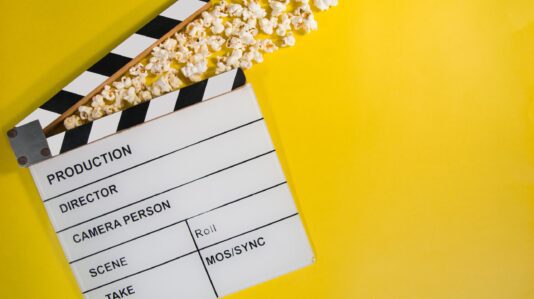As has been reported all over the media, Mariah Carey has been sued for copyright infringement over her Christmas chestnut, “All I Want for Christmas Is You.” The plaintiff, songwriter Andy Stone, claims he wrote a song with the same title in 1989 that had “extensive airplay” in 1993, the year before Carey’s seasonal evergreen first hit the charts. Stone’s complaint states three claims: copyright infringement, state-law claims of misappropriation and unjust enrichment and a violation of Section 43(a) of the Lanham Act, the federal trademark statute. He seeks damages of at least $20 million.
Stone’s lawsuit is the latest in a long line of cases that started with the “Blurred Lines” case brought by the family of Marvin Gaye against Robin Thicke and Pharrell. Although the “Blurred Lines” case found for the Gaye family, recent trends have favored defendants. In particular, the Ninth Circuit found for Led Zeppelin guitarist Jimmy Page in a similar copyright infringement case where it was claimed that “Stairway to Heaven” infringed a little-known instrumental song called “Taurus.” Page and his co-defendants emerged victorious and are more recently joined by other high-profile defendants, including Katy Perry and Ed Sheeran.
As such, recent trends and the law are not on Stone’s side and he is likely to lose his lawsuit for a variety of reasons. First, to prove a claim of copyright infringement, Stone must show that Carey a) had access to his song and b) that her work is “substantially similar” to Stone’s. To do that, he has to show that Carey either i) copied protectable (i.e., copyrightable) elements of his song or ii) copied a copyrightable selection and arrangement of non-copyrightable elements from Stone’s song.
Assuming Carey had access to the Stone song, Stone has not alleged unauthorized copying of copyrightable elements from his song. The only thing he alleges to be taken from his song is the title, “All I Need for Christmas is You.” However, song titles are not copyrightable. There are many instances where two hit songs have shared the same title, such as “Hello,” which has been the title for chart-toppers for both Adele and Lionel Richie.
Stone has not alleged any substantial similarities in the melody or any other lyrics other than the title. If one listens to the two songs, they do not share any other common elements of songs, such as tempo, meter, feel or groove or chord progressions. Building blocks of musical works, including chord progressions, typical cadences or common note combinations, are not copyrightable (copyright law protects only original expression of ideas) – but Stone could have alleged a copyrightable combination of common elements. He did not, and likely will not. For these reasons, his copyright claim should fall flat.
Stone is equally unlikely to succeed on his other claims of unlawful appropriation and unjust enrichment. As these flow from his copyright claim, they are likely to be barred by Section 301 of the Copyright Act, which pre-empts claims that are equivalent to or under the general scope of the federal copyright laws. In fact, the Supreme Court has specifically held that one cannot bootstrap a failed copyright claim into a Section 43(a) claim. All of Carey’s alleged misappropriation of Stone’s goodwill and her unjust enrichment flows from the allegation that she ripped of Stone’s song, which is a copyright claim. While individual words and phrases can be protected by trademark, Stone hasn’t alleged having a registered mark in the phrase “All I want for Christmas is you” or any actual trademark infringement.
As a side note, one may wonder why Stone’s claim isn’t time-barred either by the three-year statute of limitations contained in Section 507 of the Copyright Act or the equitable doctrine of laches, which bars claims where the plaintiff has essentially unreasonably delayed in bringing the case or has been sleeping on his rights. However, as noted in the Led Zeppelin case, where copyright infringement is alleged to be ongoing, a plaintiff can collect damages for infringement going back for a three-year period prior to the commencement of the lawsuit and laches doesn’t apply. That being said, a claim of ownership or co-authorship of the work, as opposed to infringement, is time-barred if brought more than three years after a plaintiff knew or should have known about the claim.
While Stone may be hoping for a multi-million-dollar stocking stuffer by bringing this case against Carey, all he may get for Christmas is a lump of coal.





